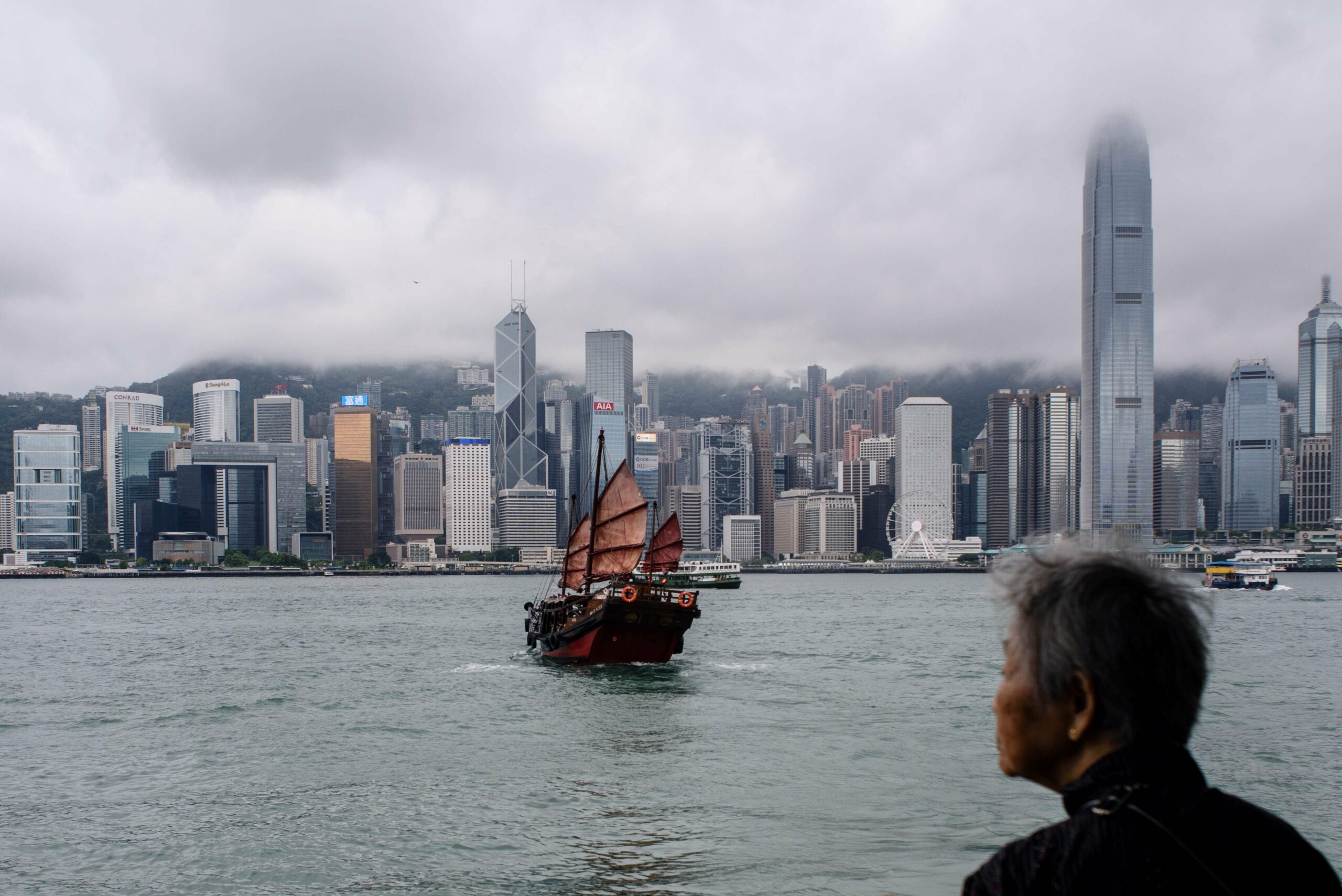KKR, a New York-listed private equity group, has raised a record-breaking $6.4bn for its latest pan-regional infrastructure fund, the Asia Pacific Infrastructure Partners II. With the addition of this second fund, KKR’s Asian infrastructure business now has $13bn in assets under management. The fund has largely avoided investing in China, focusing instead on markets such as India, South Korea, the Philippines, Japan, Singapore, Australia, and New Zealand.
The rush into infrastructure by private equity firms has been driven by the energy transition and digitalisation, with investors attracted to the stable returns that the asset class offers amid global volatility. KKR has made ten investments so far from the new fund, deploying more than half of the capital across energy, digital infrastructure, and manufacturing assets. The investments include a $650mn investment in Indian decarbonisation group Serentica Renewables, an $800mn injection for a 20% stake in Singapore telecoms company Singtel’s data centre business, and a $400mn investment into Asian subsea cable business OMS Group.
KKR’s co-head of Asia-Pacific and regional head of infrastructure, David Luboff, said he expected more dealmaking activity this year after a dearth in 2023, with many new sources of capital, including direct investors, emerging in addition to private equity players. Luboff added that the new fund would apply “modest leverage” in its deals and focus on geographies where the track record, supply of opportunities, and regulatory backdrop were supportive.
KKR’s Asia Pacific Infrastructure Partners II fund is the largest pan-regional infrastructure-dedicated fund, and foreign investors in the fund were “evenly split across Asia, the Middle East, Europe, and North America,” according to Luboff. Despite KKR’s strong presence in China, the fund has largely steered clear of deals in the country from its Asian infrastructure funds.
The rush into infrastructure by private equity firms has raised concerns about the long-term tendency to cut costs and trim services, which may not be in the best interests of customers and companies. However, Luboff stated that KKR was “very aware of the social license to operate” and that it feeds into all its investment theses.


